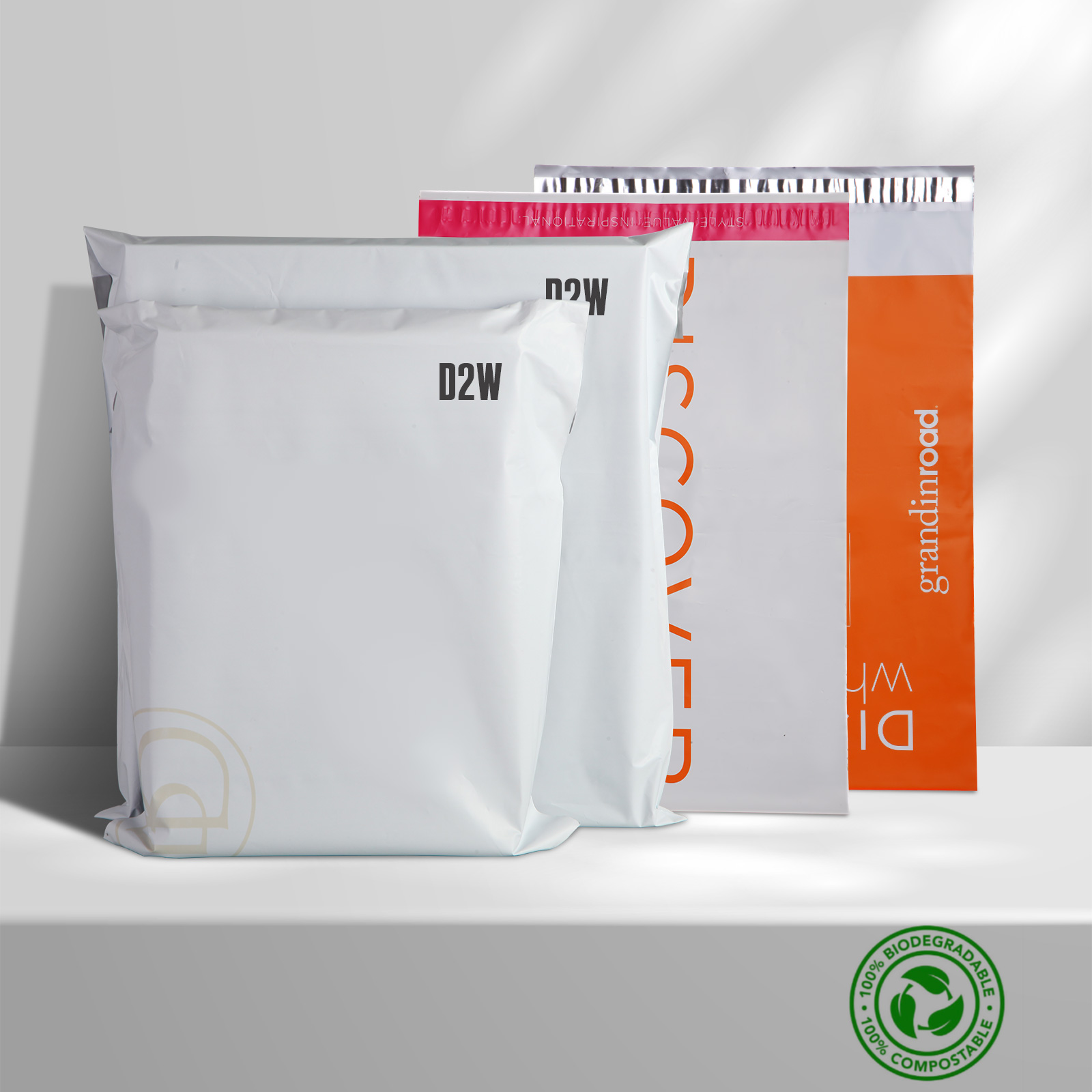eco friendly biodegradable bags
Eco-Friendly Biodegradable Bags A Sustainable Solution for Our Planet
In recent years, the world has become increasingly aware of the environmental challenges posed by plastic pollution. Traditional plastic bags, while convenient, have devastating effects on our ecosystems, taking hundreds of years to decompose and contributing significantly to landfill waste and ocean pollution. In response to this pressing issue, the development and adoption of eco-friendly biodegradable bags have emerged as a sustainable alternative that offers a glimmer of hope for a cleaner planet.
Biodegradable bags are made from natural materials that decompose more quickly than conventional plastic. These materials are often derived from renewable resources, such as starch, sugarcane, or even vegetable oils. The primary advantage of biodegradable bags is their ability to break down into non-toxic components when exposed to natural environmental conditions, such as air, moisture, and microbial activity, typically within a few months to a few years, depending on the specific material and composting conditions. This contrasts sharply with single-use plastic bags, which can persist in the environment for centuries, posing risks to wildlife and ecosystems.
Eco-Friendly Biodegradable Bags A Sustainable Solution for Our Planet
Moreover, the production of biodegradable bags generally involves a smaller carbon footprint compared to traditional plastics. Biodegradable materials typically require less energy to produce, and many are made from agricultural byproducts that would otherwise go to waste. By utilizing these renewable resources, we not only address plastic waste but also enhance sustainable agricultural practices.
eco friendly biodegradable bags

Another key aspect of biodegradable bags is their versatility. They come in various forms, including shopping bags, trash bags, and even yard waste bags. This adaptability makes it easier for consumers to transition away from harmful plastic products in their daily lives. Retailers have begun to embrace biodegradable options, offering them as alternatives to standard plastic bags. This trend reflects a growing commitment to sustainability among businesses and consumers alike, as more people recognize the importance of their choices in shaping a better future for the planet.
Despite their advantages, biodegradable bags are not without challenges. There is a common misconception that all biodegradable products will decompose in landfills, but this is not always true. Many biodegradable bags require specific conditions to break down effectively, such as industrial composting facilities with controlled temperature and humidity levels. Unfortunately, not all regions have access to such facilities, resulting in consumers unknowingly discarding these bags in environments where they will not decompose as intended. Therefore, proper education about disposal methods is crucial to ensure the effectiveness of biodegradable products.
Furthermore, the term biodegradable can sometimes be misleading. Not all biodegradable bags are created equal; some may only break down under specific conditions, while others might leave toxic residues behind. Consumers must be vigilant when choosing biodegradable products, looking for trustworthy certifications or labels that guarantee their compostability and environmental safety.
In conclusion, eco-friendly biodegradable bags represent a promising step toward mitigating plastic pollution and fostering a more sustainable future. By prioritizing the use of these bags, consumers can significantly reduce the amount of plastic waste they generate while supporting environmentally conscious practices. It is essential, however, to couple the use of biodegradable bags with a broader commitment to reducing overall consumption, implementing proper disposal methods, and supporting policies aimed at minimizing plastic use.
As we grapple with the consequences of plastic pollution, the transition to biodegradable bags serves as a reminder that our choices matter. By embracing sustainable alternatives and advocating for responsible consumption, we can contribute to a cleaner and healthier planet for future generations. It is our responsibility to ensure that the materials we use align with the values of environmental stewardship and sustainability, helping to preserve our world for years to come.
-
Stretch Film Solutions: A Comprehensive GuideNewsJun.03,2025
-
Stretch and Shrink Packaging SolutionsNewsJun.03,2025
-
Revolutionizing Packaging with Modern Wrapping SolutionsNewsJun.03,2025
-
Innovative Solutions for Silage and Window TintingNewsJun.03,2025
-
Efficient Packing with Stretch Wrap SolutionsNewsJun.03,2025
-
Effective Packaging with Stretch Wrap SolutionsNewsJun.03,2025
-
Have the freedom of customizing your custom mailers any way you want! Our dedicated packaging support will help deliver you the mailing experience you need to elevate your shipping experience to the next level! Start making a strong impression on your customers and stand out from your competitors! -
LIYA uses high quality raw materials which directly purchased from large enterprises domestic and overseas such as PetroChina, Sinopec, Sabic, Equate, ExxonMobil, Dow Chemical, Total, and Borouge, ensuring the price advantage and quality of the raw materials. -
LIYA uses high quality raw materials which directly purchased from large enterprises domestic and overseas such as PetroChina, Sinopec, Sabic, Equate, ExxonMobil, Dow Chemical, Total, and Borouge, ensuring the price advantage and quality of the raw materials.





